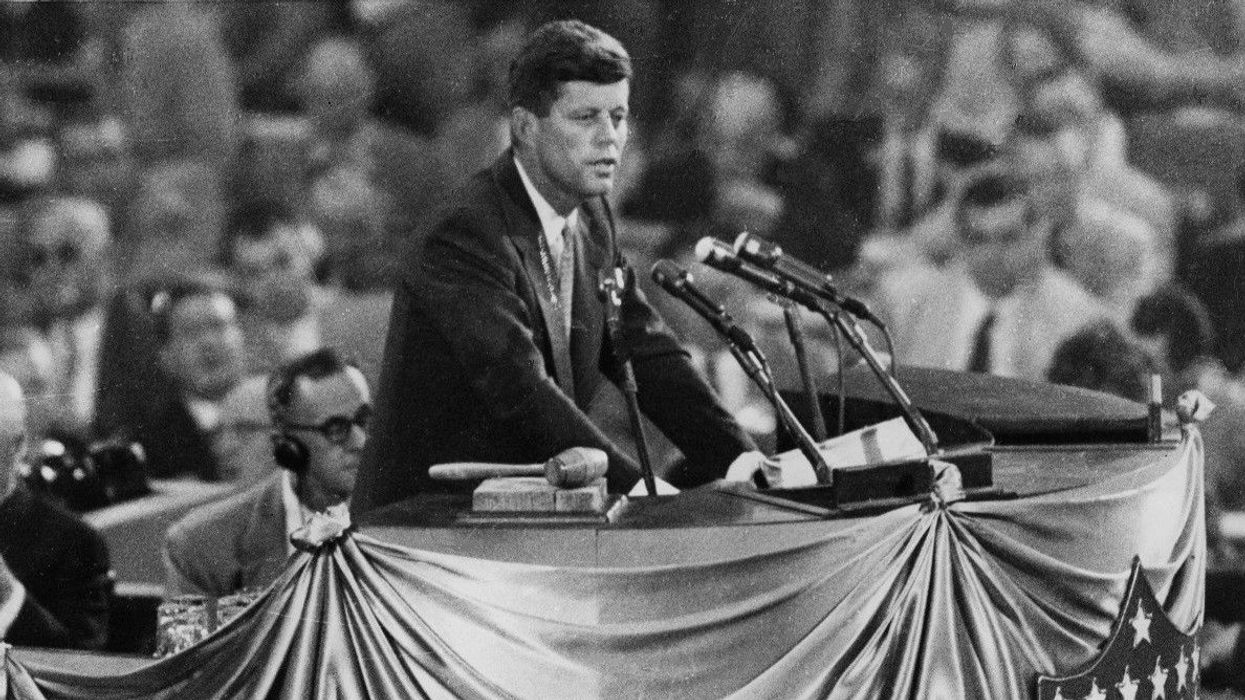JFK’s 1956 bestseller contained a glaring error about Reconstruction: historian


When Sen. John F. Kennedy's (D-Massachusetts) book "Profiles in Courage" was published in 1956, he was four years away from being elected president of the United States. JFK's book discussed, among many other things, the Civil War and Reconstruction.
Slavery, in 1956, had long since been abolished in the southern states, although racist Jim Crow laws were still a painful reality for Black Americans. And Dr. Martin Luther King Jr. and his allies were fighting to abolish them.
JFK's book was critical of Republican Adelbert Ames, who served in the U.S. Senate before becoming governor of Mississippi from 1874-1876. Historian Jordan Virtue, in an article published by The Atlantic on November 13, describes Massachusetts native Blanche Ames' efforts to counter JFK's portrayal of her father.
POLL: Should Trump be allowed to hold office again?
Activist/writer Blanche Ames born was born in 1876 — the last year her father served as Mississippi governor — and she was 91 when she passed away in 1969.
Virtue explains, "'Profiles in Courage' roused Blanche from her…. retirement. Eight decades had elapsed since the end of Reconstruction. The modern civil-rights movement was gaining momentum, with its promise of a second Reconstruction. Kennedy was not only taking the wrong side, but he was doing so by maligning Blanche's father."
Adelbert Ames and Democrat Lucius Quintus Cincinnatus Lamar II, Virtue notes, were bitter rivals.
"Lamar and Ames were the preeminent politicians of Mississippi Reconstruction," Virtue writes. "They hated each other…. 'Profiles in Courage' had relied heavily on the work of influential Dunning School historians…. Kennedy may have been genuinely misled by these historians, but he also aspired to higher office and needed to appeal to white southern voters. His book denounced 'Reconstruction,' casting Ames as a corrupt, carpetbagging villain and Lamar as a heroic southern statesman."
Virtue continues, "Ames' daughter Blanche…. was incensed. She sent meticulously researched letters to Kennedy, demanding that he correct his book."
READ MORE: MLK's criticism of Malcolm X was exaggerated in famous 1965 interview: researcher
Read Jordan Virtue's full article for The Atlantic at this link (subscription required).